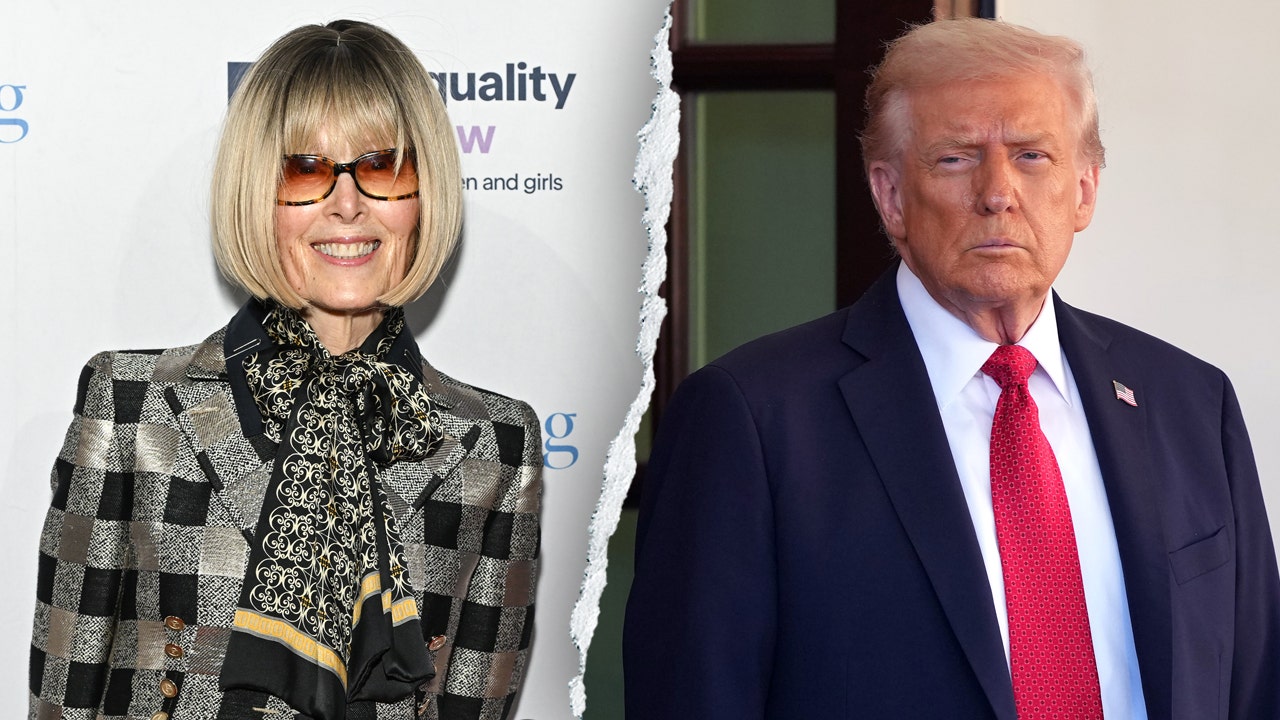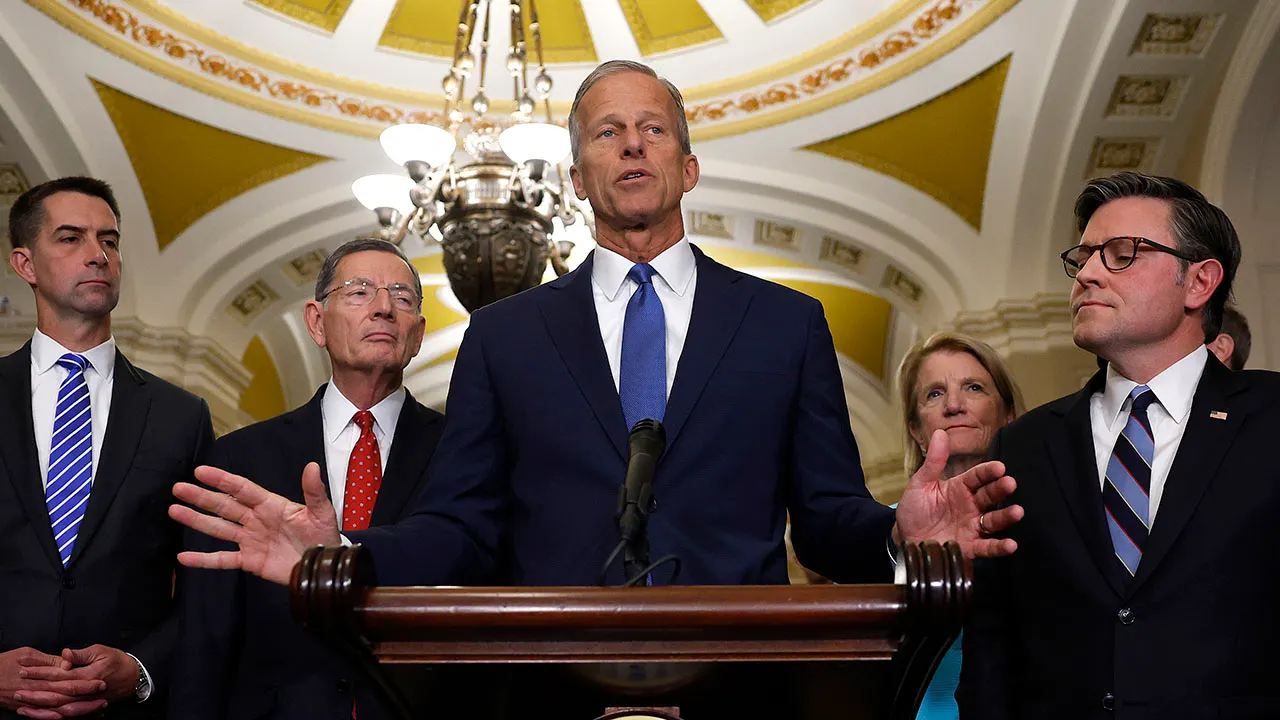In 2018, the sole accrediting body for public service programs in the United States held a workshop for schools seeking accreditation. Diversity and inclusion were all the rage in higher education, and the Network of Schools of Public Policy, Affairs, and Administration (NASPAA) spent much of the workshop explaining how schools were expected to pursue those ideals, which it described as “public service values.”
Programs should “embrace the value of many different voices in carrying out the work of the public,” slides from the presentation read. To obtain accreditation, schools would therefore need a “diversity plan” with “measurable goals” for recruiting women, “people of different races,” and those with physical disabilities.
Many accreditors have imposed similar requirements on American universities, forcing them to consider the demographic breakdown of their students and faculty.
This workshop, though, wasn’t taking place in the United States. It was taking place in Beijing, China, at the state-run Renmin University, where members of Chinese public policy schools had come to hear about the benefits of Western accreditation.
The presentation was part of a two-day conference NASPAA had organized on “innovative pedagogical strategies for public administration programs in and around China.” Speakers included a member of the Chinese Academy of Governance—the country’s main institution for training Chinese Communist Party (CCP) bureaucrats—as well as two American professors, the City University of New York’s Yi Lu and Binghamton University’s David Campbell, who facilitated the accreditation workshop.
“We embrace the value of many different voices in carrying out the work of the public,” the workshop slides read. “We believe that effective public service requires professionals to be fair in their treatment of all members of the community.”
Diversity and inclusion might seem like strange words to throw around China, where more than one million Uyghurs have been detained in concentration camps. But the country’s human rights record hasn’t stopped NASPAA—which claims to “advocate for social justice for everyone”—from accrediting seven master’s programs at Chinese universities, bestowing what critics say is a stamp of international legitimacy on China’s authoritarian government.
“It absolutely does legitimize the Chinese model of governance,” said Alasdair Roberts, a professor of public policy at the University of Massachusetts Amherst. “Graduates of elite Chinese universities are going into high-level positions in the state apparatus. When you put a stamp of approval on a program in a system like that, you are basically endorsing the overall structure of the system.”
In the United States, a master’s of public administration (MPA) typically paves the way to a career in the civil service. It functions similarly in China, where the civil service is controlled by the CCP.
That means the Chinese programs accredited by NASPAA are producing functionaries for a top geopolitical adversary. At Tsinghua University—the alma mater of Chinese president Xi Jinping and the first NASPAA-accredited school outside the United States—87 percent of MPA graduates from the class of 2017 joined a government agency.
Founded in 1970 as the National Association of Schools of Public Affairs and Administration, NASPAA was for many years a domestic accrediting body. That changed in 2012 when the group announced that it would also accredit schools outside of the United States, describing itself as “the global standard in public service education.”
Over the next decade, NASPAA accredited a string of MPA programs in authoritarian states, including Qatar and Venezuela, as well as China. It also signed a memorandum of understanding this year with the Chinese-Arab Network of Schools of Public Policy & Administration, a nonprofit that “aims to promote knowledge sharing, policy coordination, and joint talent development between China and the Arab world.”
NASPAA has justified these partnerships by arguing, in so many words, that effective governance is a good in itself, no matter what type of government a country has. The group acknowledged in a 2023 draft report that it had faced blowback for accrediting programs in “less than democratic systems,” but suggested those systems would be improved by the presence of better-trained administrators, even if they did not develop democratic values.
“While this committee supports self-determination,” the draft report read, “it is worthwhile [sic] noting that improving the quality of graduate education and graduate programs should benefit all students regardless of the political system in which they exist.”
But for critics of the organization—including those who have lived and worked in authoritarian states—NASPAA is credentialing tyrants while cloaking itself in cosmopolitanism. The group’s “global” turn has led to what some scholars say is a public relations boon for regimes like China, which often claims its form of government is more efficient than that of the United States. By accrediting programs in both countries, the argument goes, NASPAA is putting democracy and authoritarianism on equal terms at a time when both systems are competing for influence.
“NASPAA is giving a boost to the authoritarian side of the authoritarianism vs. democracy debate, “said Jen Murtazashvili, the director of the Center for Governance and Markets at the University of Pittsburgh, who has lived in Uzbekistan and Kazakhstan and done research on China’s repression of the Uyghurs. “It’s really good press.”
It is common for U.S. academics to conduct research with Chinese scholars, and NASPAA’s critics are not calling for a moratorium on such engagement. The issue, they say, is accreditation, which is not a partnership between researchers but a stamp of approval on an institution. If that institution is controlled by an authoritarian government, Roberts said, accrediting it will “affirm the legitimacy of that way of governing.”
It may also help dictatorships muddy the waters on their human rights records. Qatar has even used the “diversity plans” required by NASPAA to portray itself as a beacon of tolerance and inclusion, co-opting terms like “multiculturalism” to mask social inequality.
The Doha Institute for Graduate Studies told NASPAA in 2019 that it provides a “culturally diverse” and “inclusive learning environment where all students, faculty, and staff can … serve the Qatari society,” adding that Qatar—which is known for exploiting cheap migrant labor—”is an international and multicultural society with individuals from several nationalities all around the world.”
“It is the policy of the Doha Institute for Graduate Studies to provide equal employment and education opportunities for all individuals without regard to race, ethnicity, color, religion, nationality, gender, age, political attitudes, or disabilities,” the school’s diversity plan reads.
In terms of concrete metrics, the plan aims to improve the “gender diversity” of the student body, “despite some prevailing cultural and personal barriers to access for women to higher education in the region and the Arab World.”
Such box-checking suggests that NASPAA has succeeded in exporting the rhetoric, if not the reality, of liberal values to authoritarian states. The problem, critics say, is that it has also imported the authoritarian values of the states it is legitimizing.
NASPAA’s accreditation standards do not include an academic freedom requirement—even for programs in the United States—an omission Roberts said has made it easier to accredit schools in dictatorships. And though the standards include diversity and inclusion, they say nothing about democracy or human rights.
Instead, schools must demonstrate a commitment to “public service values” such as “competence,” “accountability,” and “efficiency.” That technocratic ethos has fueled what Bruce Gilley, a professor of public policy at Portland State University, called “deep state envy”—the tendency of American scholars to valorize China as a paragon of public administration.
“They look at China wistfully,” Gilley told the Washington Free Beacon. “They think: ‘If only we could throw down thunderbolts of regulations without all this democratic oversight.'”
Gilley added that this attitude had numbed scholars to the difference between democratic and authoritarian regimes. “It makes China look like a normal country,” he said, “as liberal and democratic as anything else.”
NASPAA has attempted to silence scholars who point out its political relativism. When Roberts published a paper arguing that the group should include a standard on academic freedom and human rights, NASPAA filed an anonymous complaint with the publisher, Taylor & Francis, demanding that the peer-reviewed article be retracted because of alleged inaccuracies, according to emails Roberts obtained.
Taylor & Francis could not find any major errors and closed the case after a five-month-long investigation. Rather than let the matter go, NASPAA filed a public request with Roberts’s employer, the University of Massachusetts Amherst, seeking any emails he had sent or received regarding the accreditor.
Murtazashvili, the Pitt professor, said the cloak-and-dagger tactics were an obvious effort to stifle dissent.
“We’re seeing our accrediting organization behave like an authoritarian thought police,” she said.
NASPAA’s executive council consists of the heads of 18 public policy schools, including the American University in Cairo. The group’s outgoing president, Mohamad Alkadry of the University of Connecticut, has served as a consultant for the Doha Institute for Graduate Studies, the Qatari school that touts an “inclusive learning environment” in its diversity plan. Alkadry’s teaching interests include “social equity” and “gender & diversity research,” according to his biography, which notes that he has published more than 50 studies on “development issues in communities of color.”
Other members of the council include George Washington University’s Domonic Bearfield, who argues bureaucratic neutrality is a “myth” used to “oppress marginalized communities,” and the University of Pittsburgh’s Carissa Schively Slotterback, who has boasted about her program’s “deep commitment to diversity, equity, and inclusion.”
NASPAA did not respond to a request for comment.
One argument for accrediting MPA programs in authoritarian states is that the professionalization of public service makes it easier to develop democratic institutions down the line. If that is right, Gilley said, NASPAA’s focus on values-neutral competence might be less sinister than it appears.
But when it comes to domestic politics, NASPAA is hardly values-neutral. The organization has not commented on the internment of the Uyghurs in China, the use of migrant labor in Qatar, or the jailing of journalists in Venezuela. But it did declare in 2023 that it was “leading the charge for progressive social change and justice” by embracing “policies and programs that seek to end anti-black racism,” including “policy solutions to address police brutality and structural violence.”
The group also condemned President Donald Trump by name in the wake of January 6. And when the Department of Government Efficiency began its blitzkrieg against the deep state, NASPAA decried DOGE’s efforts to shrink the federal workforce, describing them as an assault on “the very mission of public service in the U.S.”
The group’s embrace of partisan politics at home undermines the case for its amoral accreditation practices abroad, Gilley said, raising questions about whether the group is actually committed to democracy as that term has traditionally been understood.
“The logic of engaging with authoritarian regimes in order to liberalize them breaks apart when you look at NASPAA’s own behavior in the United States,” Gilley said. “NASPAA has increasingly decided that the public interest is not defined by those the public elects, but by the philosophies of the public sector itself. If that’s the lesson they’re taking to schools in authoritarian countries, all they’re doing is reinforcing authoritarianism.”
If NASPAA isn’t motivated by democracy, it is certainly motivated by money. The organization has become increasingly dependent on foreign programs as a source of revenue, writing in a 2023 draft report that “global accreditation and membership provide unique growth opportunities for NASPAA.”
Forty percent of the growth in NASPAA accreditation since 2013 has come from foreign programs—the bulk of them in non-democracies, according to the organization’s published data—while the schools failing to renew their accreditation have been concentrated in the United States.
“[I]nvestment in global growth is likely to have financial and status returns for NASPAA,” the draft report concluded. Failing to pursue additional members abroad, it said, could have “financial consequences.”
Read the full article here








